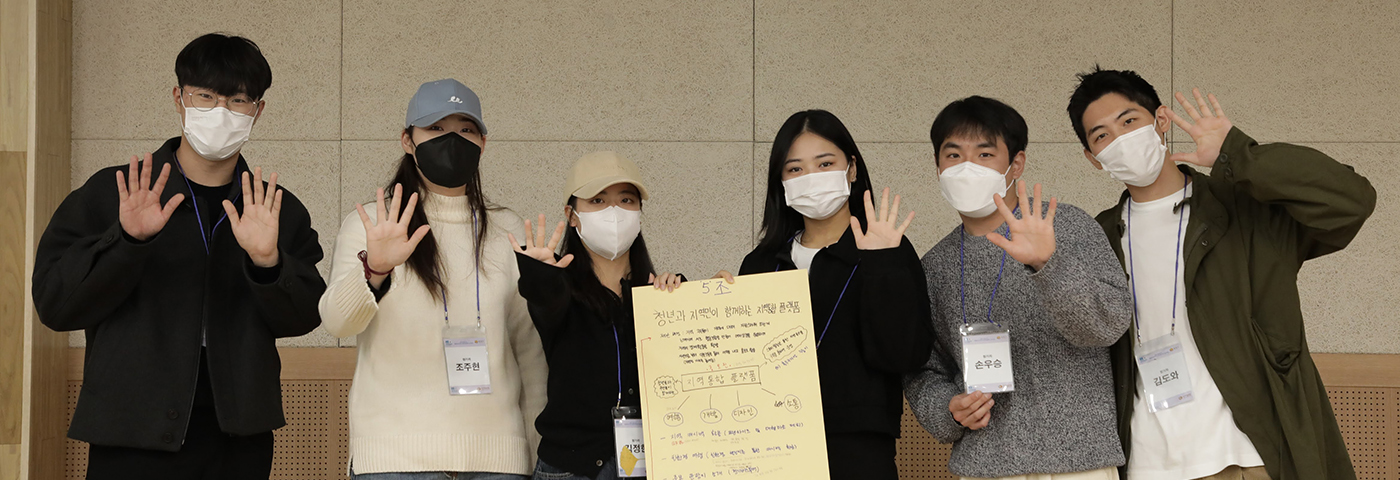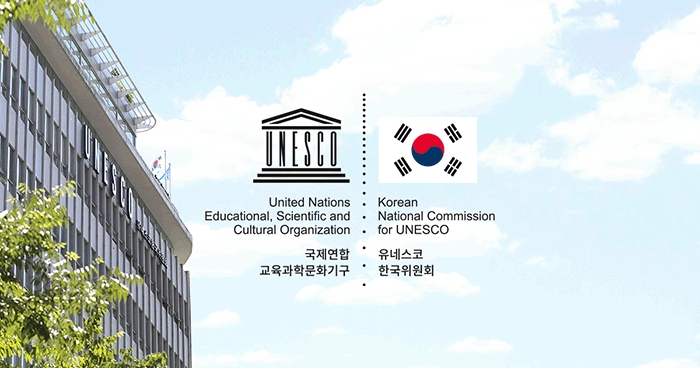Social and Human Sciences
The KNCU provides support to experts and institutions that engage in UNESCO activities in the field social and human sciences and disseminates UNESCO’s ideals among the general public with the aim of promoting peace and sustainable development.
- Participation in UNESCO’s social
and human science projects -
 The KNCU works towards the achievement of peace and sustainable development by disseminating UNESCO’s ideals through its networks in South Korea in the field of social and human science.
The KNCU works towards the achievement of peace and sustainable development by disseminating UNESCO’s ideals through its networks in South Korea in the field of social and human science.
-
Bioethics and ethics of scientific knowledge and technology
The KNCU participates in and supports the activities of UNESCO’s International Bioethics Committee, Intergovernmental Bioethics Committee and World Commission on the Ethics of Scientific Knowledge and Technology, which were set up to promote consideration of the ethical and philosophical issues raised by globalization and advances in science and technology. KNCU also publicizes the results of these committees’ activities in South Korea.
-
Sports
The KNCU assists South Korean organizations to participate in activities related to the Intergovernmental Committee for Physical Education and Sport and the International Convention against Doping in Sport. It also maintains close cooperation with the International Centre of Martial Arts for Youth Development and Engagement, established in 2016 under the auspices of UNESCO (as a UNESCO Category II Institute).
-
Management of Social Transformations (MOST) Programme
In the midst of abrupt social changes spurred by globalization, international migration and reckless urban development, it is more important than ever to eradicate poverty, protect migrants’ rights and ensure sustainable city planning. The MOST programme aims to promote dialogue and cooperation between researchers and policy makers to work towards these goals. The KNCU promotes the participation of South Korean specialists and organizations in the activities of UNESCO’s MOST programme and shares information about these activities with the public. The KNCU also cooperates with relevant institutions to promote relevant research in the Republic of Korea and international cooperation to that end.
-
- Intergovernmental Bioethics Committee (IGBC)
-
UNESCO has operated programmes on bioethics since 1993, to address ethical questions relating to issues such as medical experiments on the human body, euthanasia, organ transplants, test-tube babies, and embryonic stem cells. It established the International Bioethics Committee in 1993 and the Intergovernmental Bioethics Committee in 1998.
UNESCO also formulates international norms and standards on bioethics, as well as guiding government policies and promoting dialogue between experts and governments. For instance, the Universal Declaration on the Human Genome and Human Rights, adopted by the UNESCO General Conference in 1997, offered the opportunity for the global community to reflect on human cloning. In 2003, the International Declaration on Human Genetic Data established ethical standards for the collection, treatment, preservation and use of human genetic data, and in 2005, the Universal Declaration on Bioethics and Human Rights was adopted, presenting general principles on bioethics. - World Commission on the Ethics of Scientific
Knowledge and Technology (COMEST) -
UNESCO established the COMEST in 1998 to respond to the risks of scientific and technological advances. Researchers and scientists at the COMEST have developed ethical guidelines on issues as diverse as potable water, energy and the information society, and are now examining ethical issues related to the environment, sustainable development and space exploration, as well as promoting ethics education for scientists.
- Inter-governmental Committee
for Physical Education and Sport (CIGEPS) -
UNESCO acts as secretariat for the Inter-governmental Committee for Physical Education and Sport. Comprising 18 member states, the committee aims to promote international cooperation in the field of sport to enhance world peace, amity, mutual understanding and respect.
-
Bioethics and ethics of scientific knowledge and technology
- Youth
-
 The KNCU encourages young people, the leaders of the next generation, to participate in UNESCO activities by teaching them about UNESCO’s ideals and values, helping them to understand the challenges that Korean, and global, society faces and to build the capacities to respond to these challenges.
The KNCU encourages young people, the leaders of the next generation, to participate in UNESCO activities by teaching them about UNESCO’s ideals and values, helping them to understand the challenges that Korean, and global, society faces and to build the capacities to respond to these challenges.
-
Korean UNESCO Student Association (KUSA)
The KNCU established KUSA in 1965, starting at Sogang University, with the aim of promoting UNESCO’s ideals within universities.
Currently, around 40 universities are members of KUSA, which encourages college students to learn about and help the implementation of the SDGs. -
Support for Youth Activities
The KNCU supports social engagement by young people, helping to bring about positive social changes by providing youth with opportunities to launch small projects to address the challenges posed in today’s society. Launched in 2013, the UNESCO Volunteer Project encourages voluntary participation by university students in activities to promote peace, human rights, and engagement in dialogue about historical issues.
-
Korean UNESCO Student Association (KUSA)



.png)



